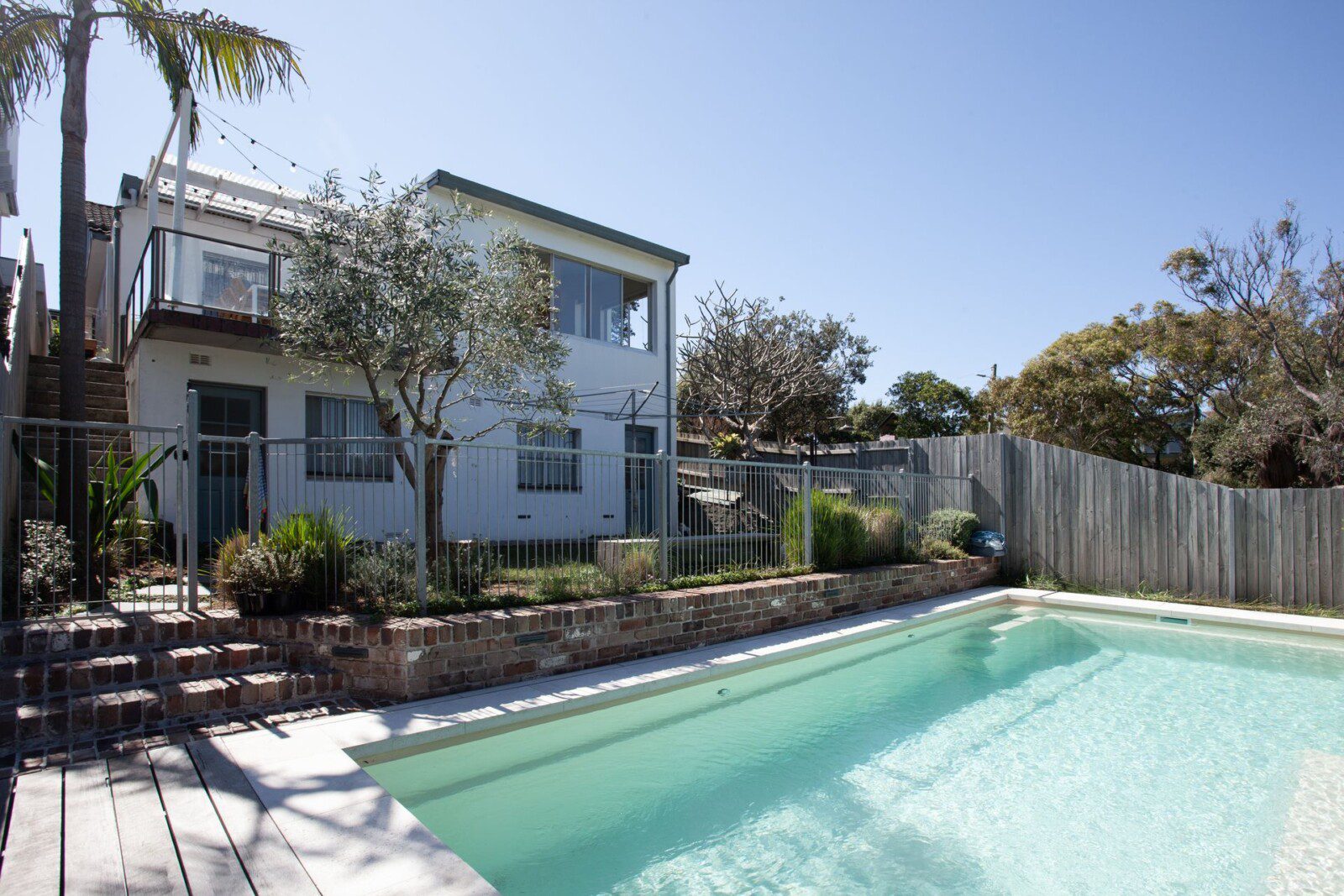Every rental property owner will face the challenge of choosing between short-term rentals and long-term leases. Each investment strategy has unique advantages and disadvantages, and profitability is not always straightforward.
If you find yourself at such a crossroads, you should first understand the finer details—such as income potential, management requirements, and regional regulations—which you can then use to make an informed decision that aligns with your financial goals and lifestyle. Keep reading to explore how these options compare and discover which strategy is best suited to your property.
What’s the Difference Between Airbnb and Long-Term Rentals?
Airbnb and long-term rentals have several differences, but the main ones lie in rental duration and management requirements. Here is how they differ:
- Duration of stay: Airbnb offers short stays that last a few days to a few weeks. Long-term rentals, however, come with fixed lease agreements that ensure a steady income stream for months or even years.
- Income potential and flexibility: Airbnb offers the possibility of higher returns during peak travel seasons, thanks to adjustable nightly rates. In contrast, long-term rentals provide stable but lower monthly yields throughout the year.
- Management and maintenance: Airbnb requires more hands-on involvement, such as frequent cleaning and guest communication, whereas long-term rentals demand less ongoing attention.
Pros and Cons of Each Strategy
Both Airbnb and long-term rentals come with unique benefits and challenges. Here’s a detailed comparison:
| Airbnb | Long-term Rentals | |
| Pros | High income during peak seasons | Consistent and predictable income. |
| Flexible pricing. | Minimal effort after lease agreement | |
| Owners retain property access for personal use | Fewer upfront furnishing costs. | |
| Cons | Requires frequent cleaning and guest management. | Income potential is capped by fixed rental agreements. |
| Unpredictable occupancy during off-seasons | Limited property access due to long leases. | |
| Higher furnishing and maintenance expenses. | Restricted ability to adjust rent during the lease |
Factors Influencing Profitability: Airbnb vs Long-term Rentals
Before you settle on a rental property investment strategy, you need to pay keen attention to the various aspects that will influence the profitability of your investment. Below are 4 key features you need to consider before choosing either Airbnb or long-term rentals as your investment vehicle.
Location of the Property
- Airbnb
Rental properties in tourist hotspots or near major attractions often do well as Airbnbs. Most travellers are drawn to central locations, beachfront homes, or unique accommodation setups with a vibe. For instance, Airbnb hosts in Sydney or Melbourne’s popular areas can charge premium rates during events and holidays, and almost all of these properties will be fully occupied.
- Long-term Rentals
Residential suburbs or areas with strong demand for housing are better suited for long-term rentals. Properties near schools, business hubs, or public transport ensure consistent tenant interest and occupancy.
Airbnb vs. Long-term Rental Income Potential
- Airbnb
Unlike long-term rentals, Airbnb offers higher income potential during peak seasons or special events. Most Airbnb hosts have the option to adjust rates based on the market demand. On average, Melbourne-based Airbnb hosts earn about $3,500–$4,000 per month, which is significantly higher than long-term rents.
- Long-term Rentals
One benefit of long-term rentals is that they offer predictable monthly income. The average yield may be lower than that of Airbnb, but landlords benefit from stable cash flow without worrying about seasonal demand or occupancy rates.
Expenses and Maintenance Cost of the Property
- Airbnb
Short-term rentals incur higher costs, such as furnishing, cleaning, utilities, and repairs. Frequent guest turnover means thorough maintenance to ensure high ratings and occupancy. When running an Airbnb business, you will likely need professional management services to stay ahead of day-to-day tasks and streamline operations.
- Long-term Rentals
The average running costs for long-term rentals are lower as tenants cover utilities and daily maintenance. Even so, landlords are responsible for significant repairs and property upkeep over time.
Airbnb vs Long-term Rental Taxes
- Airbnb
Short-term rentals often face stricter tax implications, such as GST or income tax on profits. If you run one or multiple Airbnb properties, your property management partner will handle the accounting aspects and even navigate deductions for maintenance, advertising, or property management.
- Long-term Rentals
Income from long-term rentals is typically subject to lower tax rates, with deductions available for property-related expenses like repairs and management fees.
- Other Factors
Apart from the four key factors we have identified above, there are a couple more things to keep in mind. Time commitment, property type, and regional regulations, for instance, can have a huge impact on profitability.
As noted earlier, managing listings and communicating with clients requires more effort on Airbnb’s part, while long-term rentals demand less ongoing attention. Additionally, regulations, such as the proposed Airbnb restrictions in Australia, will also impact profitability.
Stress while managing multiple short term rentals? This guide might help!
Which Rental Strategy is Right for You?
Your final pick between Airbnb and long-term rentals will depend mostly on major factors such as the property’s location, time availability, and financial goals. Simply put:
- If your property is in a high-tourist area and you are comfortable managing frequent guest turnover or outsourcing management services, then Airbnb offers higher earning potential.
- However, if your property is in a residential area and you prefer less hands-on management but have consistent income, a long-term rental is more suitable.
At L’Abode Accommodation, we make property ownership hassle-free thanks to our full-service property management services. Our team of professionals handle everything from marketing and cleaning services to guest communication and revenue optimisation. Whether you prefer Airbnb or long-term rentals, we’ll do all the heavy lifting for you. Contact us today, and we’ll be glad to help lift the property management burden off your shoulders.
We regularly share helpful posts to guide property owners in understanding the market and maximizing their short-term rental income – check them out for expert tips!
Follow us on social Media
Make sure to follow us on your favourite social channels and join the conversation for the best destination guides and travel tips.




